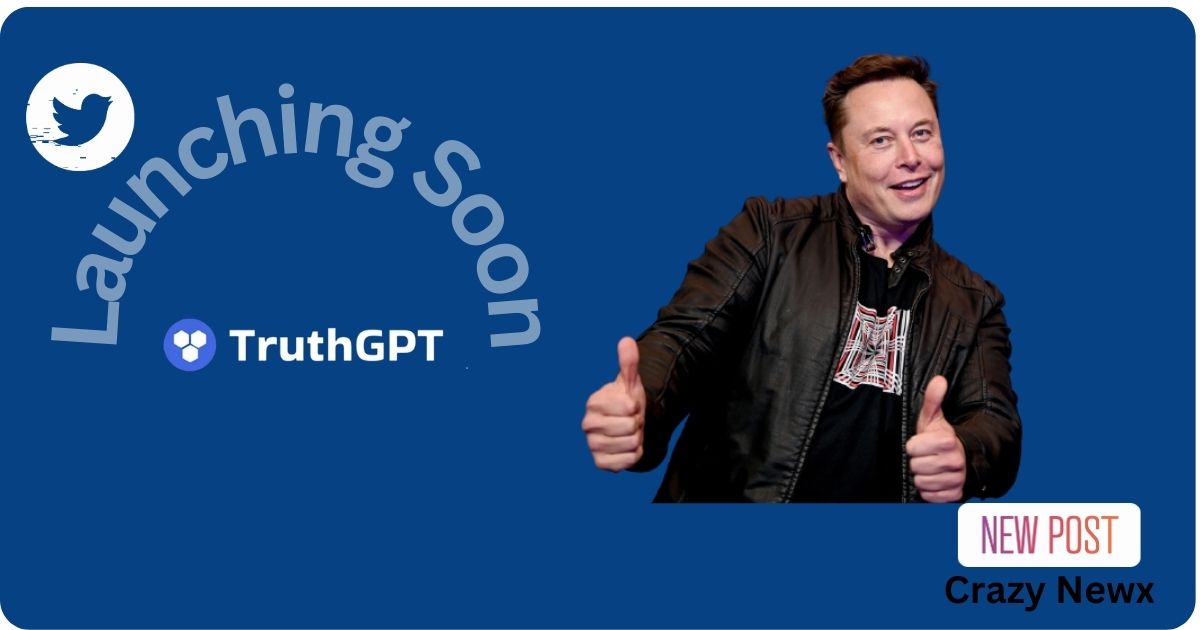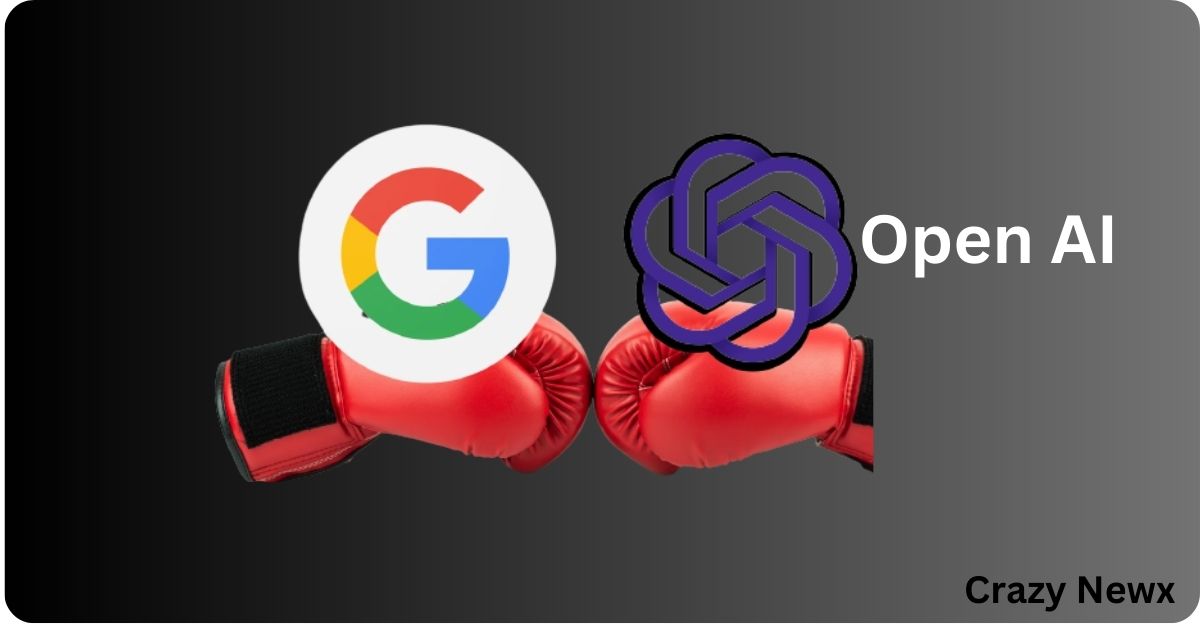Elon Musk to launch TruthGPT AI chatbot
Elon Musk to launch ‘TruthGPT’ AI chatbot, challenging OpenAI’s ChatGPT and Google’s Bard, cites concerns over OpenAI’s focus on profit and accuses Google’s Larry Page of not prioritizing AI safety.

Elon Musk had previously hinted about the launch of TruthGPT on February 17, 2023, when he tweeted, “What we need is TruthGPT.”
Best Safety Functionality Feature
During an interview with Repute News Channel , Elon Musk discussed his plans to launch an AI platform called TruthGPT, which he believes will provide the best way of ensuring safety. Musk stated that TruthGPT, or Maximum Truth Scared thing AI, will not pose any threat to humans and will try to understand the nature of the Universe. He also mentioned that the platform will offer a new option apart from Google and OpenAI.
According to Musk, TruthGPT will be designed to promote transparency and provide factual information. He believes that AI platforms such as Google and OpenAI have become too focused on profitability and are no longer prioritizing the importance of safety. Musk’s comments about OpenAI’s training of AI to lie suggest that TruthGPT will be a more reliable source of information.
Musk has a history of advocating for AI safety and has previously expressed concerns over the potential risks associated with the development of advanced AI. With the launch of TruthGPT, he hopes to provide a safer and more trustworthy alternative to existing AI platforms.
Launches Safe AI Platform
Elon Musk has expressed concern about the potential dangers of Artificial Intelligence (AI), stating that it has the ability to destroy civilization. He compared the risks associated with AI to those of poorly designed aircraft or automobiles. Despite this, Musk has stated that his AI platform, TruthGPT, will be safe and not pose any threat to humans. The platform is designed to maximize truth searching and understanding the nature of the universe. Musk has also criticized other AI platforms such as OpenAI, accusing them of training AI to lie and becoming a closed-source platform solely for profit. By launching TruthGPT, Musk aims to provide a new option in the field of AI and compete with other platforms like Google’s Bard and OpenAI’s ChatGPT.
Explanation of reason for leaving OpenAI
Elon Musk was one of the co-founders of OpenAI, a non-profit research company established in 2015. However, Musk left the company and sold his stake in 2018. Musk explained that he wanted to focus on his other companies, Tesla and SpaceX. He also stated that he did not agree with some of the decisions made by the OpenAI team.
Musk has been vocal about his concerns regarding the potential dangers of AI and has previously called for regulations to ensure its safe development and use. In his interview with Fox News about his new AI platform, TruthGPT, Musk criticized OpenAI for becoming a “closed source” platform focused solely on profit and accused the company of training AI to lie.Musk’s departure from OpenAI did not seem to affect his interest in AI research, as he continued to invest in and develop new AI technologies.

Google Launched of BARD as competitor to CHATGPT
Last month, Google announced the launch of ‘Bard’, an interactive chatbot that competes with OpenAI’s ChatGPT. Currently, the platform is only accessible to selected users in the US and UK. After thorough testing, the platform will be gradually rolled out to all users. However, Google has stated that it may take some time for Bard to reach other countries, including India.
Bard aims to provide a more engaging and informative experience to users compared to other chatbots. Through advanced machine learning techniques, it can answer complex questions, generate relevant responses, and provide useful insights. Additionally, it can also provide personalized recommendations based on user preferences and previous interactions.
Google has also released a graphic representation of how the platform works. Users can start a conversation with Bard by asking a question or making a statement. The chatbot then uses natural language processing and machine learning algorithms to understand the user’s intent and generate an appropriate response. Bard can also provide additional information through links and relevant sources.


